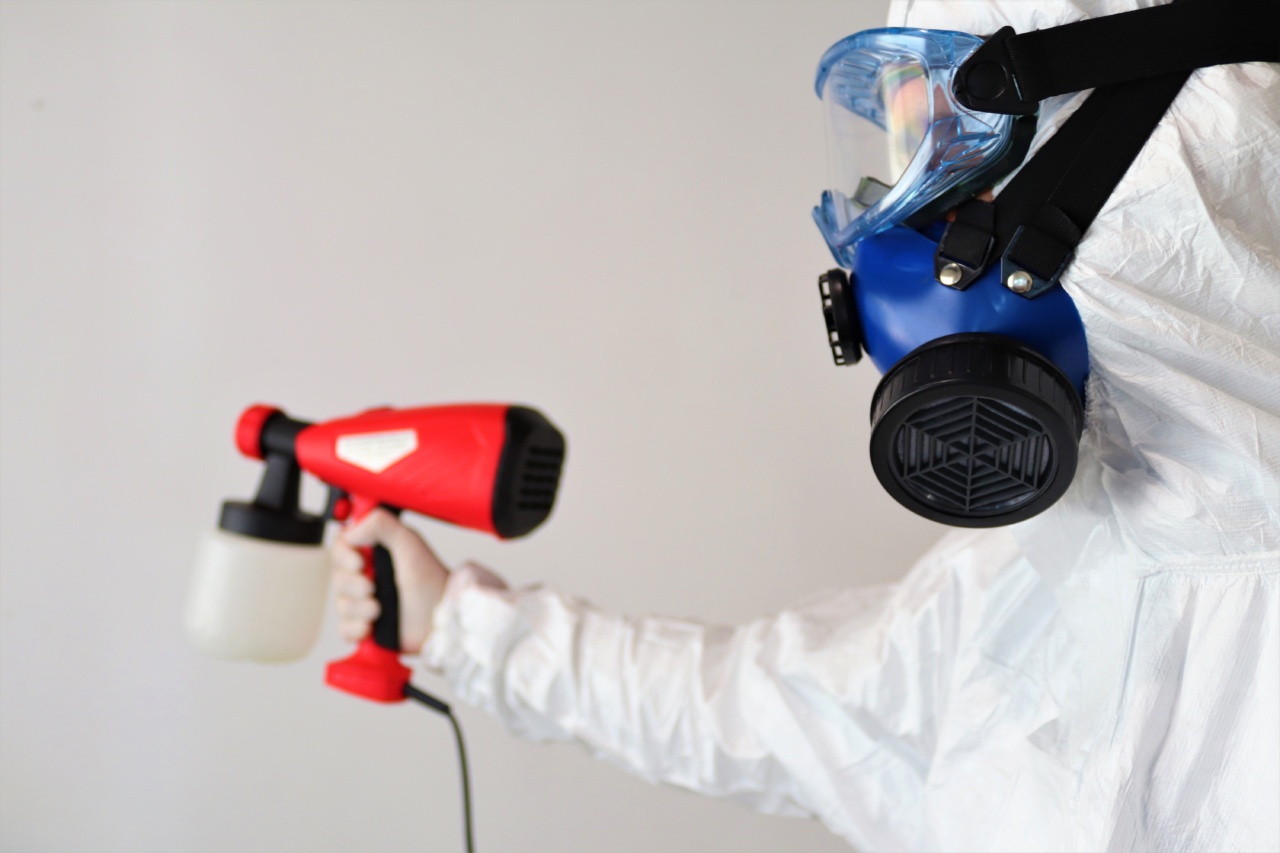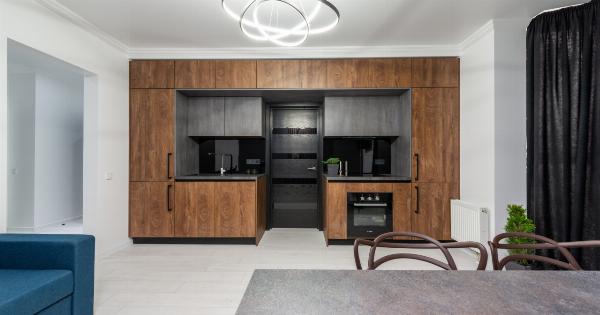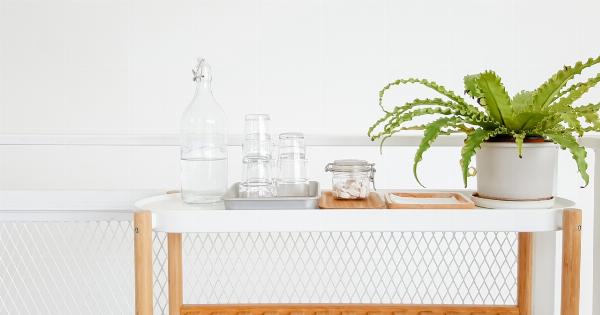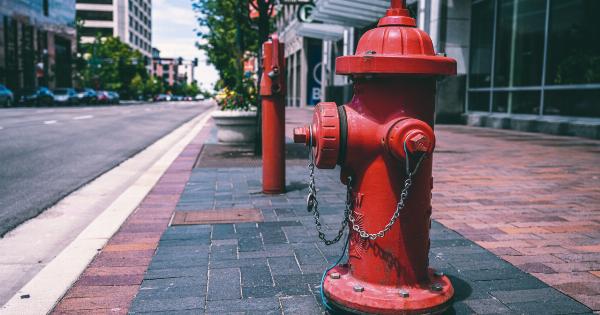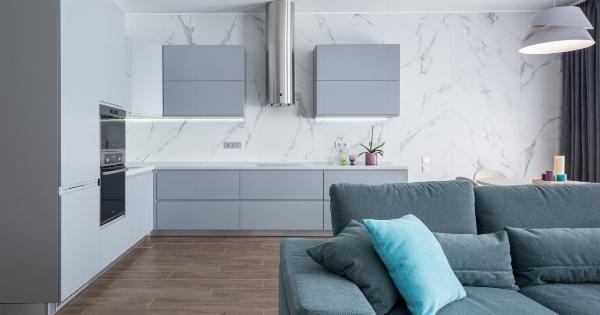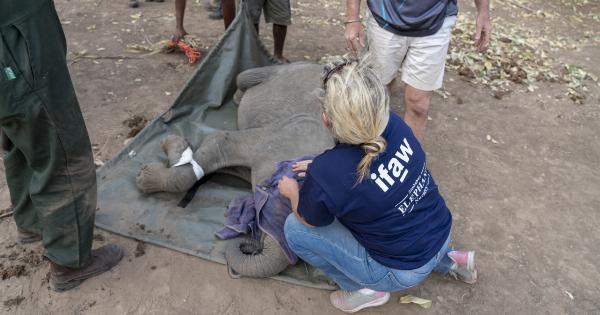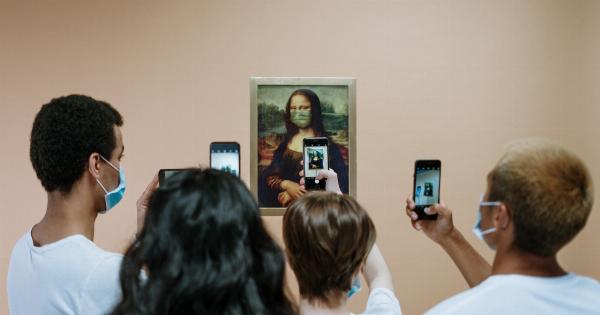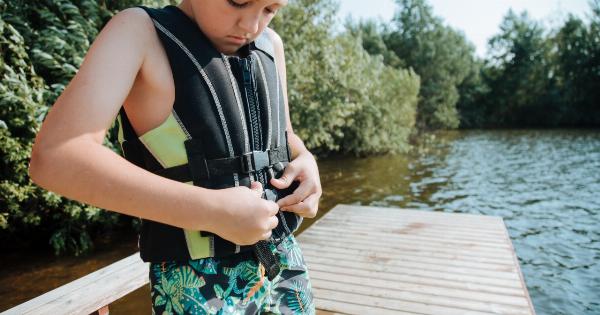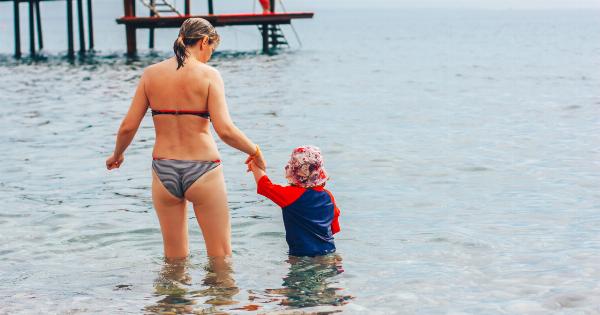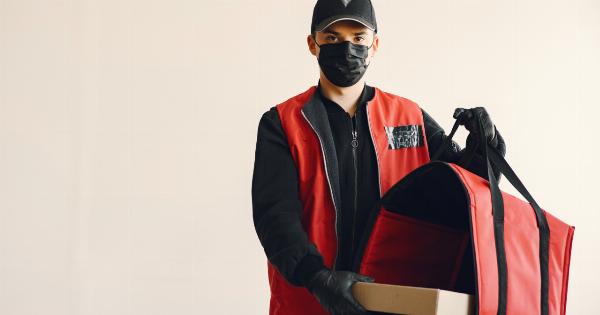A pediatrician is a medical professional devoted to the care of infants, children, and adolescents. They play a crucial role in keeping children healthy and safe, including helping parents ensure that their home is a safe environment for their child.
Pediatricians often discuss safety concerns with parents during well check-ups, but there are also pediatricians who specialize in home safety. These specialists can provide parents with expert advice and guidance on how to make their home a safe place for their child.
Why is Home Safety Important?
Home is not only where the heart is, but it’s also where most accidents happen. According to the Centers for Disease Control and Prevention (CDC), unintentional injury is the leading cause of death for children in the United States.
Every year, more than 12,000 children die from injuries, and another 9.2 million are treated for non-fatal injuries. In addition to physical injuries, exposure to toxins and environmental hazards can also cause severe long-term health problems.
Therefore, parents must take every precaution to ensure that their homes are safe. However, many parents may not be aware of the potential risks present in their homes or how to prevent them.
This is why consulting with a pediatrician specialist in home safety can be invaluable.
What Does a Pediatrician Specialist in Home Safety Do?
A pediatrician specialist in home safety evaluates homes to identify potential hazards and provides parents with recommendations on how to make their home safe for their child. Here are some of the areas they would assess:.
1. Childproofing
A pediatrician specialist in home safety would assess the overall safety of your home.
They would evaluate whether the home is childproofed adequately, such as checking that electrical outlets are covered, cords are secured, and furniture is anchored to walls. They would also provide recommendations on additional measures, such as installing safety gates, cabinet locks, and window guards.
2. Poison Prevention
Young children are naturally curious and may ingest medicines, cleaning products, and other toxins that can cause harm.
A pediatrician specialist in home safety would educate parents on the importance of storing medications and cleaning products in high cabinets or locking cabinets.
3. Water Safety
Drowning is one of the leading causes of death for children under four years old.
A pediatrician specialist in home safety would evaluate all water sources in the home, including bathtubs, pools, and ponds, to ensure they are adequately secured and fenced. They would also recommend swimming lessons for older children.
4. Fire Safety
Home fires can be especially dangerous for children.
A pediatrician specialist in home safety would evaluate the home’s smoke detectors, provide recommendations on which type of fire extinguisher to have on hand, and offer general advice on fire safety, such as creating a fire escape plan.
5. Air Quality
Indoor air pollution can cause respiratory problems, especially for young children. A pediatrician specialist in home safety would assess the air quality in the home, such as checking for mold, secondhand smoke, and radon levels.
They would also provide recommendations on how to improve the air quality in the home.
6. Other Hazards
There are many other potential hazards in the home that a pediatrician specialist in home safety would evaluate, such as sharp objects, choking hazards, and pet safety.
They would provide advice on how to mitigate these risks to ensure that your home is as safe as possible.
Conclusion
Parents want nothing more than to keep their children safe and healthy. However, the potential hazards in a home can be overwhelming, particularly for first-time parents.
A pediatrician specialist in home safety can provide much-needed guidance and support to ensure that your home is a safe environment for your child.
If you are concerned about home safety or want to ensure that your home is properly childproofed, consult with a pediatrician specialist in home safety.
They can answer any questions you may have and provide you with recommendations on how to make your home safer for your child.
